Find Help
More Items From Ergsy search
-
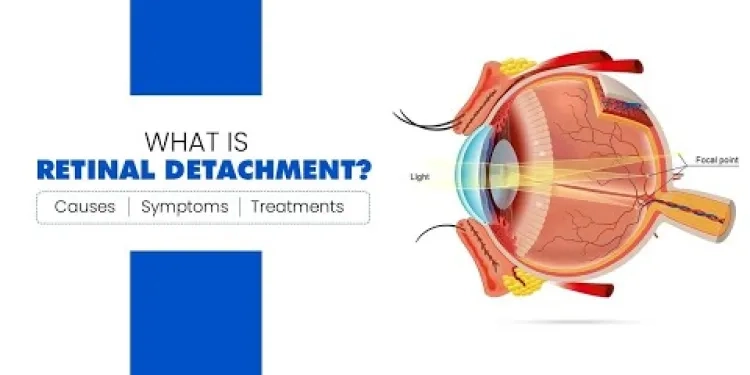
What is Retinal Detachment (Detached Retina)? Causes, Symptoms, and Treatment Options
Relevance: 100%
-

What causes hypotony?
Relevance: 32%
-

What complications can arise from untreated hypotony?
Relevance: 28%
-

What is the eye condition hypotony?
Relevance: 23%
-

What treatments are available for hypotony?
Relevance: 23%
-

Can hypotony occur in both eyes?
Relevance: 22%
-

Is hypotony a medical emergency?
Relevance: 20%
-

What are the treatment options for BPH?
Relevance: 19%
-

Are there any risk factors for developing hypotony?
Relevance: 19%
-

How is hypotony diagnosed?
Relevance: 18%
-

Eye Injections at Royal Bournemouth Hospital
Relevance: 18%
-

What are the symptoms of hypotony?
Relevance: 17%
-

Can hypotony affect vision?
Relevance: 17%
-

What is hypotony in the eye?
Relevance: 17%
-

What are the treatment options for whiplash?
Relevance: 16%
-

How common is hypotony?
Relevance: 16%
-
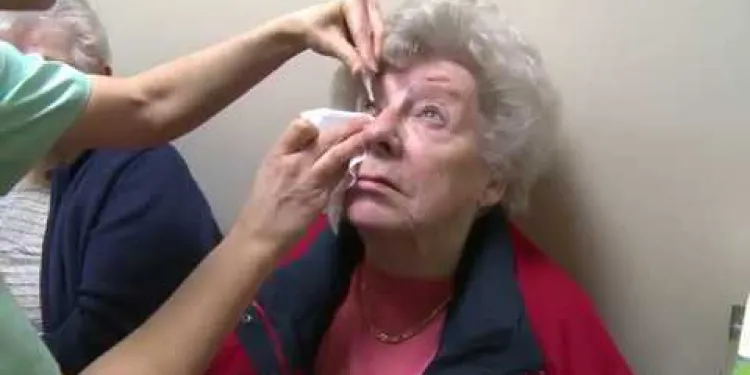
Eye Injections at Royal Bournemouth Hospital
Relevance: 16%
-
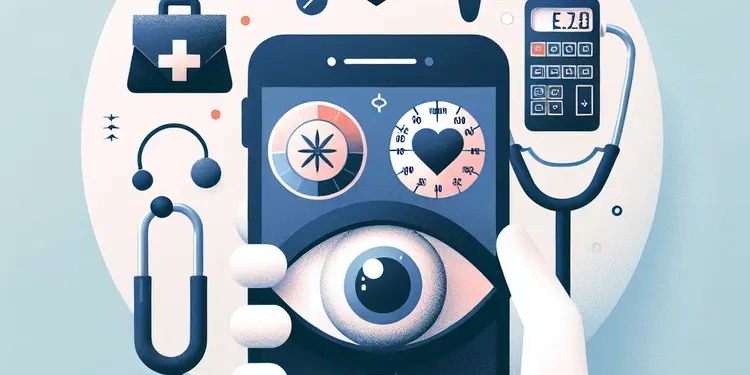
What should I do if I suspect I have hypotony?
Relevance: 16%
-

What treatment options are available for psoriasis?
Relevance: 16%
-

What treatment options are available for bowel cancer?
Relevance: 15%
-
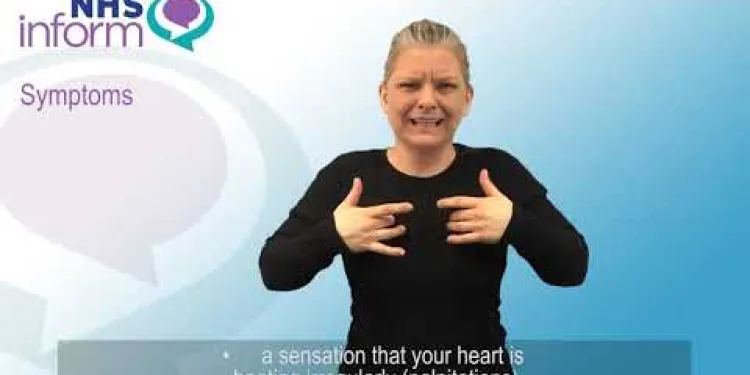
BSL - Symptoms of panic disorder
Relevance: 15%
-

What are the common side effects of ketamine?
Relevance: 14%
-

Can health-related anxiety cause physical symptoms?
Relevance: 14%
-

What are the common treatment options for prostate cancer?
Relevance: 13%
-

Can hypotony recur after treatment?
Relevance: 13%
-

Is it possible for alcohol alone to cause similar symptoms?
Relevance: 13%
-
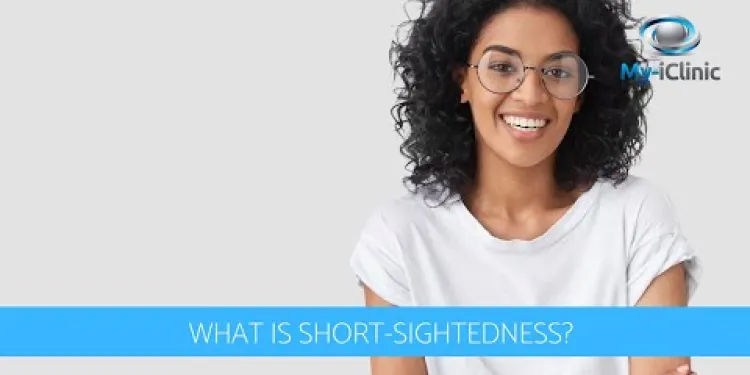
What is Short-Sightedness?
Relevance: 13%
-

What Causes Erectile Dysfunction (ED) - Disease or Symptom - NHS A to Z - Dr Gill
Relevance: 13%
-

Can stress cause asthma symptoms?
Relevance: 13%
-

Can hypotony resolve on its own?
Relevance: 13%
-

I'm Short-sighted, What Is The Best Option For Me?
Relevance: 12%
-

What are the symptoms of postnatal depression?
Relevance: 12%
-
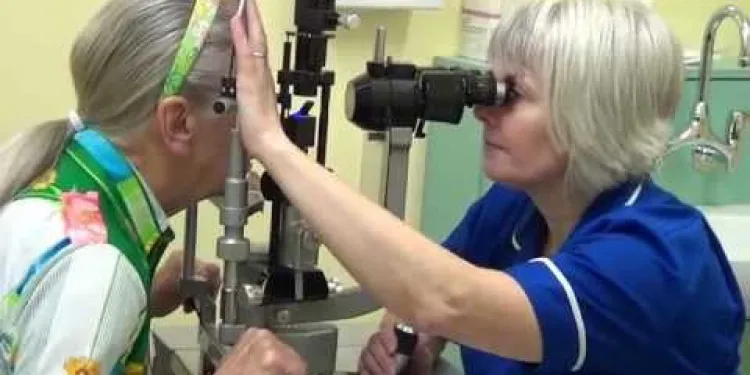
Your Cataract Operation
Relevance: 12%
-

What are the known side effects of ketamine usage?
Relevance: 11%
-

Are there any treatments available for tinnitus?
Relevance: 11%
-

What treatments are available for shingles?
Relevance: 11%
-
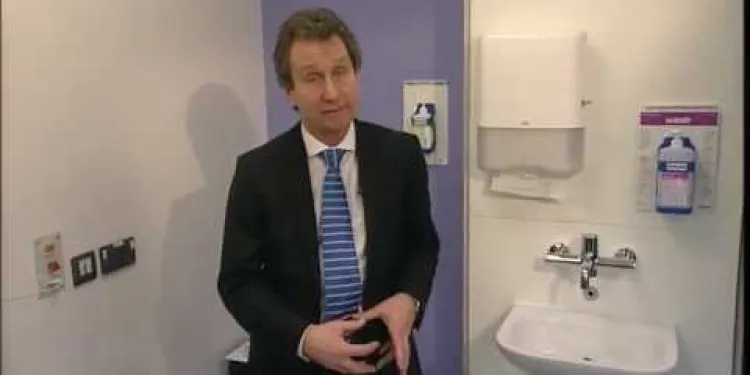
Hernias and their Treatments - A guide for patients
Relevance: 11%
-

Can anxiety cause heart attack-like symptoms?
Relevance: 11%
-
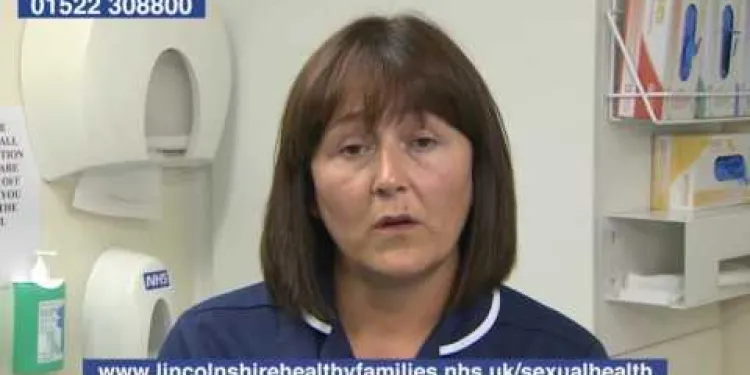
The symptoms of gonorrhoea
Relevance: 11%
-

What causes psoriasis?
Relevance: 11%
What is Retinal Detachment (Detached Retina)? Causes, Symptoms, and Treatment Options
Understanding Retinal Detachment
Retinal detachment, also known as a detached retina, is a serious ocular condition where the retina—a thin layer of tissue at the back of the eye that senses light and sends images to your brain—separates from its normal position. This separation can cause vision loss and blindness if not treated promptly.Causes of Retinal Detachment
Several factors can cause retinal detachment. The most common cause is age-related changes in the vitreous, the gel-like substance within your eye. As you age, the vitreous may shrink and pull away from the retina, creating a tear. Other causes include: - **Injury or trauma**: A blow to the eye can lead to retinal detachment. - **Diabetic Retinopathy**: Complications from diabetes can damage blood vessels in the retina, contributing to retinal detachment. - **Previous Eye Surgery**: Surgeries like cataract removal can increase the risk. - **Family History and Genetic Factors**: Having a family history of retinal detachment or certain genetic conditions can elevate risk.Symptoms of Retinal Detachment
Recognizing the symptoms of retinal detachment early is crucial for treatment. Key symptoms include: - **Sudden appearance of floaters**: Small dark spots or lines that float across your vision. - **Flashes of Light**: Sudden, brief flashes of light in your vision. - **Shadow or Curtain Effect**: A shadow or curtain descending over the field of vision that could indicate the retina pulling away. - **Blurred Vision**: Sudden and unexplained blurring of your vision. If you experience any of these symptoms, seek immediate medical attention.Treatment Options for Retinal Detachment
Several treatments are available to manage retinal detachment, contingent on its severity: - **Laser Surgery (Photocoagulation)**: Laser energy seals retinal tears or holes. - **Cryopexy (Freezing Treatment)**: Uses extreme cold to reattach the retina. - **Pneumatic Retinopexy**: A gas bubble is injected into the eye, pressing the retina back. - **Scleral Buckling**: A silicone band is placed around the eye to push the wall of the eye against the detached retina. - **Vitrectomy**: The vitreous is removed and replaced with a saline solution. Timely intervention improves the prognosis for retaining vision. Regular eye check-ups are recommended, especially if you are at risk. Feel free to consult with an ophthalmologist for personalized advice and treatment options available within the UK National Health Service (NHS).What is Retinal Detachment (Detached Retina)? Causes, Symptoms, and Treatment Options
Understanding Retinal Detachment
Retinal detachment, or detached retina, is when the retina in the eye separates from its usual position. The retina is a thin part at the back of the eye that helps you see. If it detaches, it can lead to vision loss and blindness. It is important to treat it quickly.Causes of Retinal Detachment
There are several reasons why retinal detachment can happen. The most common cause is getting older. As you age, the gel-like substance inside your eye, called vitreous, might shrink and tear the retina. Other causes are: - **Injury or trauma**: Being hit in the eye can cause it. - **Diabetic Retinopathy**: Diabetes can harm blood vessels in the eye, leading to detachment. - **Previous Eye Surgery**: Eye surgeries, like removing cataracts, can increase the risk. - **Family History and Genetics**: If someone in your family had it, you might be more at risk.Symptoms of Retinal Detachment
It is important to know the symptoms of retinal detachment so you can get help quickly. The symptoms are: - **Sudden appearance of floaters**: Seeing small dark spots or lines moving in your vision. - **Flashes of Light**: Seeing quick flashes of light. - **Shadow or Curtain Effect**: It might feel like a shadow or curtain is coming down in your vision. - **Blurred Vision**: Your vision suddenly becomes unclear. If you have any of these signs, go to a doctor immediately.Treatment Options for Retinal Detachment
There are different ways to treat retinal detachment, depending on how bad it is: - **Laser Surgery**: Lasers are used to seal tears in the retina. - **Cryopexy (Freezing Treatment)**: Freezing is used to help reattach the retina. - **Pneumatic Retinopexy**: A bubble of gas is put in the eye to push the retina back. - **Scleral Buckling**: A band is used around the eye to support it and the retina. - **Vitrectomy**: The gel inside the eye is replaced with a saline solution. Getting treatment quickly can help save your vision. It’s important to have regular eye check-ups, especially if you are at risk. It is a good idea to talk with an eye doctor for advice and to know what treatments the UK National Health Service (NHS) offers.Frequently Asked Questions
What is retinal detachment?
Retinal detachment is a serious eye condition where the retina, a layer of tissue at the back of the eye involved in visual processing, becomes separated from its underlying supportive tissue. This can lead to severe vision loss if not promptly treated.
What causes retinal detachment?
Retinal detachment can be caused by a variety of factors including aging, eye injuries, complications from eye surgery, and conditions like diabetes or severe myopia (nearsightedness).
What are the common symptoms of retinal detachment?
Common symptoms include a sudden appearance of floaters (small dark shapes) in your vision, flashes of light, blurred vision, and a shadow or curtain effect over part of your visual field.
Is retinal detachment painful?
Retinal detachment is typically not painful. However, the visual symptoms can be alarming and require immediate medical attention.
Can retinal detachment lead to blindness?
Yes, retinal detachment can lead to permanent vision loss or blindness if not treated promptly. Early diagnosis and treatment are crucial.
How is retinal detachment diagnosed?
Diagnosis usually involves a thorough eye examination, possibly including tests like ultrasound imaging of the eye or optical coherence tomography (OCT).
What are the treatment options for retinal detachment?
Treatment options include laser surgery, freezing treatment (cryotherapy), pneumatic retinopexy (a gas bubble injection), and more extensive surgical procedures like scleral buckle surgery or vitrectomy.
How urgent is the treatment for retinal detachment?
Retinal detachment is a medical emergency. If you experience symptoms, you should visit an eye care professional or A&E immediately.
Can retinal detachment occur in both eyes?
While not common, it is possible for retinal detachment to occur in both eyes. Individuals who have had a detachment in one eye should be vigilant about any symptoms in the other eye.
Who is most at risk for retinal detachment?
Risk factors include being over 50 years old, having a history of eye injuries or diseases, previous eye surgery, high myopia, and family history of retinal detachment.
Can retinal detachment be prevented?
While you can't always prevent retinal detachment, regular eye exams can help detect early changes to the retina. Protecting your eyes from injury and managing underlying health conditions can also reduce the risk.
What's the recovery time for retinal detachment surgery?
Recovery time can vary, but generally, it may take several weeks to months for full recovery. Vision may continue to improve for up to a year.
Will I regain my vision after retinal detachment surgery?
Many people regain some or all of their vision after surgery, but it depends on the severity of the detachment and how quickly treatment was administered.
What should I do if I experience symptoms of retinal detachment?
If you experience symptoms like sudden floaters, flashes of light, or a shadow over your vision, seek immediate medical attention from an eye care professional or the nearest A&E department.
Are there any lifestyle changes I need to make after retinal detachment surgery?
Your doctor will provide specific advice, but you may need to avoid heavy lifting, straining, or high-impact activities for a certain period while your eye heals.
What is retinal detachment?
The retina is the part inside your eye that helps you see. Retinal detachment happens when the retina pulls away from the back of the eye. This can cause problems with your vision.
If you think you have this, you should see a doctor quickly. They can help fix it and protect your eyesight.
Tools to help understand:
- Ask someone to explain things if you're not sure.
- Use pictures or videos to learn more about the eye.
- Keep a list of questions to ask your doctor.
Retinal detachment is a serious problem with the eye. It happens when the retina, a part at the back of the eye that helps us see, comes away from where it should be. This can make you lose a lot of your sight if it is not fixed quickly.
Sometimes, you might not notice retinal detachment right away. You might see flashes of light or lots of new floaters (tiny spots) in your vision. If this happens, it’s important to see a doctor quickly.
There are ways to help if you have trouble reading about this. You might try:
- Using text-to-speech tools that read the words out loud.
- Asking someone to help read the information with you.
- Taking notes or drawing pictures to help you understand better.
Why does the retina come off?
The retina is a tiny part in the back of your eye. Sometimes, the retina can come off. This is called retinal detachment. Here are some reasons why it might happen:
- If your eye gets hurt.
- If the eye is sick, like with a lot of swelling.
- If you have other eye problems.
If you are worried about your eyes, it's good to see a doctor. They can help you and check your eyes.
You can use tools like audiobooks or large print to help with reading.
Retinal detachment happens when a part of the eye called the retina comes loose. This can happen for different reasons. It can be because of getting older, hurting your eye, problems after eye surgery, having diabetes, or being very nearsighted (having trouble seeing far away).
What are the common signs of retinal detachment?
Retinal detachment is when a part of your eye gets loose. It can cause problems with seeing.
Here are some signs to watch for:
- Seeing lots of new tiny spots or strings in your vision (these are called floaters).
- Seeing flashes of light, like little bursts.
- Having blurry vision, which means things look fuzzy.
- A shadow coming from the side of your vision, like a curtain.
If you notice these signs, it is important to tell an adult and see an eye doctor right away. They can help you.
Tools to help:
- Use a magnifying glass to help read small text.
- Ask someone to read things out loud to you.
- Use apps that make text bigger on your screen.
When these symptoms happen, you might see little dark spots in front of your eyes. These are called floaters. You might also see bright flashes of light, things might look blurry, or part of what you see looks like it has a shadow or curtain over it.
Here are some helpful ideas:
- Try reading with a bright light.
- Read slowly and take breaks if you need to.
- Use your finger to follow the words.
Does it hurt when the retina comes off?
No, it does not hurt. If your retina comes off, you might not feel any pain. But it is still very important. You should see a doctor right away if you think your retina has come off.
Some things that can help you:
- Ask a friend or family member to go with you to the doctor.
- Use pictures or drawings to understand what the doctor tells you.
- Write down important ideas to help you remember.
Retinal detachment doesn’t usually hurt. But it can change the way you see. This can be scary. If this happens, you should see a doctor right away.
Here are some things that might help you:
- Ask someone to read with you. They can help you understand.
- Use audiobooks to listen to stories instead of reading.
- Try using reading apps. Some apps highlight words as they read them aloud.
Can retinal detachment make you blind?
Yes, if the retina comes off your eye, it can make you lose eyesight forever or go blind if you don't get help quickly. Getting it checked and fixed early is very important.
Here are some tools that can help:
- Magnifying Glass: Makes things look bigger to help you read.
- Audio Books: Listen to stories and information instead of reading.
- Speech-to-Text Apps: Speak, and the app writes for you.
How do doctors find out if the eye’s retina is coming off?
Doctors use special tools to look in your eye. These tools help them see if the retina is coming off.
Sometimes, the doctor might use drops to open your eye wide. This helps them see better inside.
It is important to go to the doctor if you have eye problems. They can use these tools to check your eyes.
If it is hard to understand, ask someone to help you.
To find out what is wrong with the eyes, doctors look very carefully at the eyes. They may use special tests, like taking pictures of the inside of the eye. These tests help them see what is happening inside the eyes.
What can help if the retina comes off?
There are different ways to help with eye problems:
1. Laser surgery uses a special light to fix the eye.
2. Freezing treatment (cryotherapy) uses cold to help the eye heal.
3. Pneumatic retinopexy is when a doctor puts a gas bubble in your eye to fix it.
4. Some cases need bigger surgeries like scleral buckle surgery or vitrectomy.
If reading is hard, tools like audiobooks or speech-to-text can make it easier.
How quickly should you get help for a problem with your eye?
Retinal detachment is serious. If you notice signs, go to an eye doctor or the hospital right away.
Here are some tools that might help:
- Ask someone to go with you to the doctor.
- Write down any questions you have before your visit.
- Use an app or device to help you remember what the doctor says.
Can both eyes have retinal detachment?
Yes, retinal detachment can happen in both eyes. This is when the thin layer inside the eye moves away. It is important to see a doctor if you have any problems with your eyes.
Tools to help:
- Ask a family member or friend to help read.
- Use apps that read text out loud.
Retinal detachment can happen in both eyes, but it is not very common. If someone has had a detachment in one eye, they should watch out for any signs in the other eye too.
Who is most at risk for retinal detachment?
Who is most likely to get a retinal detachment?
Things that can cause problems with your eyes include being older than 50, hurting your eyes before, having eye diseases, having eye surgery, being very nearsighted, and if your family has had eye issues like retinal detachment.
Here are some tools and tips to help:
- Use large print books to read.
- Get regular eye check-ups with an eye doctor.
- Wear glasses or contact lenses if you need them.
- Ask someone to help you read things, if needed.
Can we stop the eye from getting hurt?
Your eye has a part called the retina. Sometimes, it can come off. This is called retinal detachment.
Here are some tips to help keep your eyes safe:
- If you play sports, wear eye guards.
- Go to the doctor if your eye gets hurt.
- Tell a grown-up if you see strange lights or shapes.
If you need help understanding this, talk to someone you trust, like a family member or teacher.
It is not always possible to stop retinal detachment. But, going for regular eye check-ups can help find problems early. Keeping your eyes safe from injuries and taking care of your health can also help lower the risk.
How long does it take to get better after eye surgery?
When you have surgery to fix your eye, it needs time to heal. This is called recovery time.
Most people take a few weeks to feel better after eye surgery, but everyone is different.
Your eye doctor can tell you how long it might take for you.
It helps to rest and follow your doctor's advice.
You can also ask someone to help you with things like reading or going to appointments.
Getting better can take some time. It might take a few weeks or even a few months to feel all better. Your sight might keep getting better for up to one year.
Here are some tips to help:
- Take it easy and rest when you can.
- Ask a grown-up if things are hard to understand.
- Try using a calendar to track your progress.
- Use a magnifying glass to help with reading if needed.
Will I see again after my eye surgery?
Many people can see better again after an operation. But it depends on how bad the eye problem was and how fast they got help.
What to Do If You Have Signs of Retinal Detachment
If your eye sees strange flashes or if you notice dark spots, tell an adult. These might be signs that your eye needs help.
Ask the adult to take you to the eye doctor quickly. The eye doctor is someone who knows how to fix eye problems.
Let your eye rest. Try not to rub or press it.
Tell the adult everything you feel about your eye. This can help the doctor understand what is happening.
If you use tools to help you read, like a magnifying glass, it's okay to use them here.
If you see spots or shapes that float in your eyes, see flashes of light, or notice a dark shadow on your vision, go to the eye doctor or the nearest hospital quickly. It is very important.
Do I need to change how I live after eye surgery?
Your doctor will tell you what to do, but you might need to stop lifting heavy things or doing hard exercises while your eye gets better.
Useful Links
Have you found an error, or do you have a link or some information you would like to share? Please let us know using the form below.
-->
This website offers general information and is not a substitute for professional advice.
Always seek guidance from qualified professionals.
If you have any medical concerns or need urgent help, contact a healthcare professional or emergency services immediately.
Some of this content was generated with AI assistance. We’ve done our best to keep it accurate, helpful, and human-friendly.
- Ergsy carfully checks the information in the videos we provide here.
- Videos shown by Youtube after a video has completed, have NOT been reviewed by ERGSY.
- To view, click the arrow in centre of video.
- Most of the videos you find here will have subtitles and/or closed captions available.
- You may need to turn these on, and choose your preferred language.
- Go to the video you'd like to watch.
- If closed captions (CC) are available, settings will be visible on the bottom right of the video player.
- To turn on Captions, click settings .
- To turn off Captions, click settings again.
More Items From Ergsy search
-

What is Retinal Detachment (Detached Retina)? Causes, Symptoms, and Treatment Options
Relevance: 100%
-

What causes hypotony?
Relevance: 32%
-

What complications can arise from untreated hypotony?
Relevance: 28%
-

What is the eye condition hypotony?
Relevance: 23%
-

What treatments are available for hypotony?
Relevance: 23%
-

Can hypotony occur in both eyes?
Relevance: 22%
-

Is hypotony a medical emergency?
Relevance: 20%
-

What are the treatment options for BPH?
Relevance: 19%
-

Are there any risk factors for developing hypotony?
Relevance: 19%
-

How is hypotony diagnosed?
Relevance: 18%
-

Eye Injections at Royal Bournemouth Hospital
Relevance: 18%
-

What are the symptoms of hypotony?
Relevance: 17%
-

Can hypotony affect vision?
Relevance: 17%
-

What is hypotony in the eye?
Relevance: 17%
-

What are the treatment options for whiplash?
Relevance: 16%
-

How common is hypotony?
Relevance: 16%
-

Eye Injections at Royal Bournemouth Hospital
Relevance: 16%
-

What should I do if I suspect I have hypotony?
Relevance: 16%
-

What treatment options are available for psoriasis?
Relevance: 16%
-

What treatment options are available for bowel cancer?
Relevance: 15%
-

BSL - Symptoms of panic disorder
Relevance: 15%
-

What are the common side effects of ketamine?
Relevance: 14%
-

Can health-related anxiety cause physical symptoms?
Relevance: 14%
-

What are the common treatment options for prostate cancer?
Relevance: 13%
-

Can hypotony recur after treatment?
Relevance: 13%
-

Is it possible for alcohol alone to cause similar symptoms?
Relevance: 13%
-

What is Short-Sightedness?
Relevance: 13%
-

What Causes Erectile Dysfunction (ED) - Disease or Symptom - NHS A to Z - Dr Gill
Relevance: 13%
-

Can stress cause asthma symptoms?
Relevance: 13%
-

Can hypotony resolve on its own?
Relevance: 13%
-

I'm Short-sighted, What Is The Best Option For Me?
Relevance: 12%
-

What are the symptoms of postnatal depression?
Relevance: 12%
-

Your Cataract Operation
Relevance: 12%
-

What are the known side effects of ketamine usage?
Relevance: 11%
-

Are there any treatments available for tinnitus?
Relevance: 11%
-

What treatments are available for shingles?
Relevance: 11%
-

Hernias and their Treatments - A guide for patients
Relevance: 11%
-

Can anxiety cause heart attack-like symptoms?
Relevance: 11%
-

The symptoms of gonorrhoea
Relevance: 11%
-

What causes psoriasis?
Relevance: 11%


